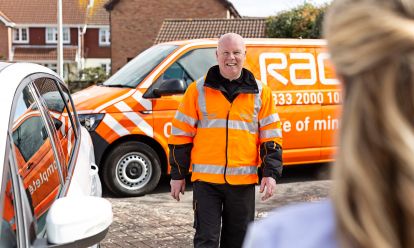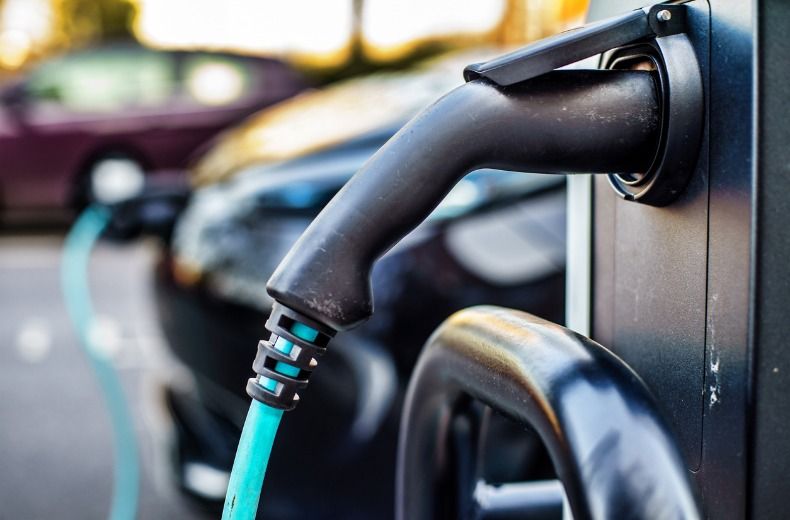Media platform Elecritfying.com reports searches on its site dedicated to electric vehicles (EV) were up 75% over the weekend, while Google searches for ‘electric car’ were up 300% in the same period.
This suggests drivers are researching EVs as alternatives to traditional, internal combustion engine (ICE) vehicles, with the charging infrastructure – once up to speed – far less dependent on outside factors.
There has been concern over the National Grid’s ability to cope with the increase in EVs charging from home at peak hours, but charge points can be scheduled not to come on when demand is high.
And following concerns public charging infrastructure isn’t ready for the 2030 ban on new petrol and diesel car sales, improvements are being made, with many service stations and some petrol stations now being equipped with fast chargers. Tesco is currently the leading supermarket for available charge points at its stores, an Electrifying.com report found last week.
Ginny Buckley, founder of Electrifying.com, said: “The fuel shortages we are seeing this week feels like a throwback to a previous era – there is no doubt the future is electric.
“It is only natural that even staunch advocates of petrol and diesel vehicles are probably considering making the switch to an electric car. Our website is currently seeing a significant surge in interest.
“We hope the current fuel shortages aren’t too disruptive, and we sympathise with anyone who has been inconvenienced, but we believe this increased interest in electric cars will be around long after the queues have started to die down at the filling stations.”
- Electric cars – a definitive guide and tips for buyers
- Cheapest electric cars – top 12 used and new EVs in 2021
- The road to electric – in charts and data
The most popular car on Electrifying.com over the weekend was the new Kia EV6, which costs between £40,895-£51,895.
However, there was also particular interest in models that cost less than £35,000 – the cut off point for EVs to qualify for a government grant.
In March, the Government came under fire from motor industry experts for cutting electric car subsidies by £500, from £3,000 to £2,500, as well as lowering the threshold of eligibility.
Return to the RAC Drive Electric cars hub
Read our guides on choosing, charging and running an electric car.
RAC Breakdown Cover
Join the RAC and get breakdown cover. Our patrols fix 4 out of 5 vehicles on the spot, with repairs done in just 30 minutes on average.











